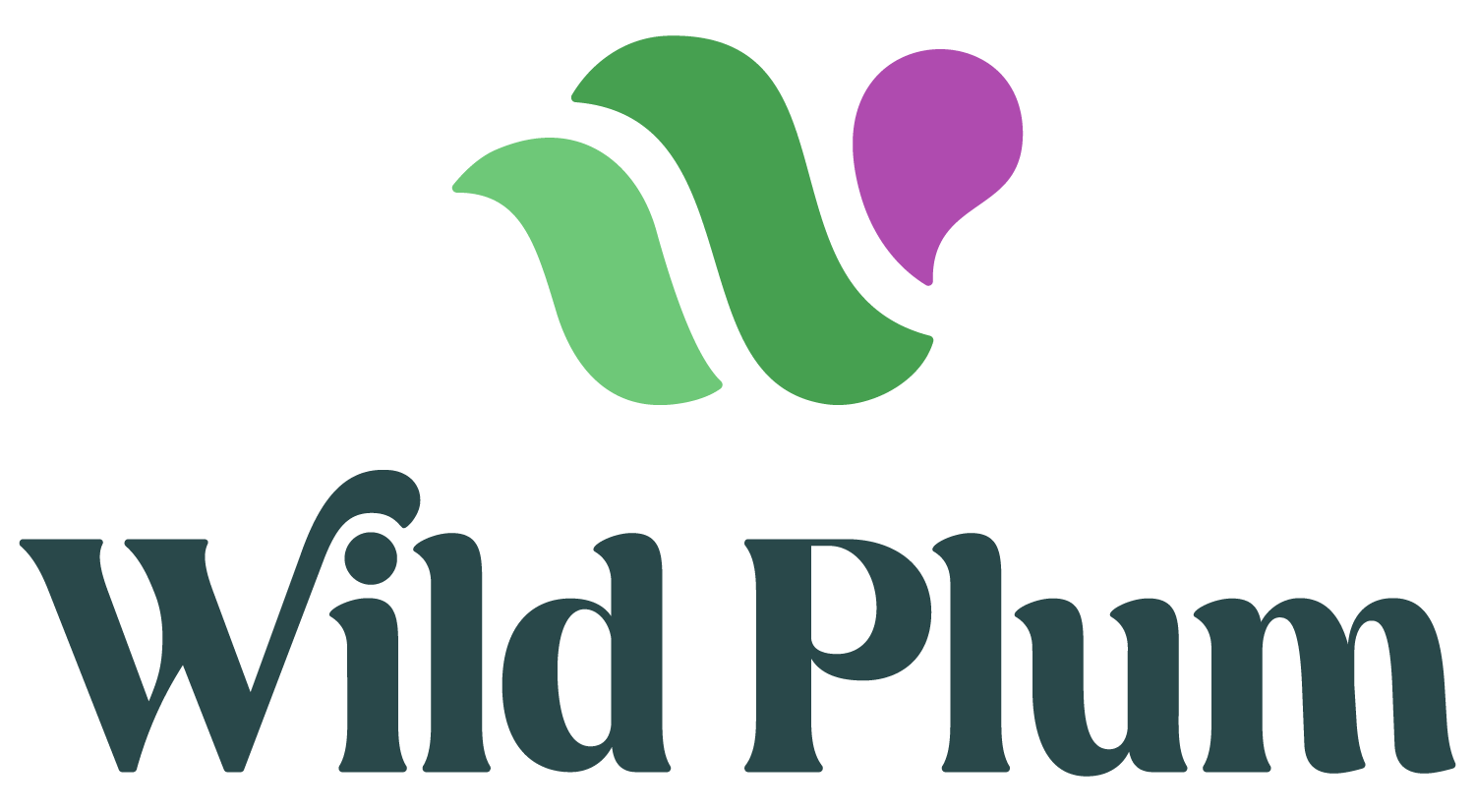In the ever-evolving realm of marketing, a profound shift has become apparent – It is now widely acknowledged that marketing extends beyond mere product promotion; it has evolved into a delicate balance between brand representation and ethical considerations. The imperative for marketers to integrate ethical values into their strategies has never been more pronounced. So what is ethical marketing and where did it come from?
Savvy consumers expand their buying criteria
The consumer landscape has undergone a substantial transformation. No longer passive recipients of marketing messages, today’s consumers are discerning, well-informed, and acutely aware of their data privacy rights. This has brought a paradigm shift in marketing approaches, emphasizing the cultivation of relationships based on trust and mutual respect, rather than a focus solely on driving sales.
Purpose-based value propositions emerge
The pivotal question for every marketer is whether the products they represent contribute positively to the world. Does the brand leave a lasting, positive impact on society? This transition from profit-centric to purpose-driven marketing is crucial for establishing meaningful connections with the modern consumer. Ethical marketing involves a comprehensive commitment to business practices that align with legal and moral standards, moving beyond superficial gestures of social responsibility.
Transparency and authenticity emerge as cornerstones in this ethical framework. Modern consumers seek genuine connections with brands that openly communicate their values, mission, and operational practices. This includes being transparent about supply chains, production processes, and any social or environmental initiatives.
Data privacy demands that marketers protect the buyer
Heightened concerns about data privacy underscore the importance of respecting and safeguarding customer information. Adhering strictly to data protection regulations, clearly outlining data usage policies, and implementing robust security measures are imperative to building consumer trust.
Claims are backed by proof points
In response to consumer concerns, sustainability has become a focal point. Integrating sustainable practices into sourcing, production, and packaging, and effectively communicating these initiatives in marketing campaigns, showcases a commitment to environmental responsibility. Consumers appreciate brands engaged in social causes. Initiatives such as community engagement, charitable contributions, or partnerships with social impact organizations resonate positively. Identifying social issues aligned with brand values and transparently communicating involvement fosters trust.
Being helpful to customers evokes a customer experience renaissance
In an era of advocating for inclusivity, consumers demand diversity in brand messaging. Ensuring representation and cultural sensitivity in marketing materials, along with a commitment to eliminating biases, reflects the diverse values of the consumer base. Empowering consumers through educational content is another facet of ethical marketing. Brands that provide informative content, such as how-to guides, insightful blog posts, or industry-related knowledge, position themselves as thought leaders invested in the customer’s well-being.
Social media becomes the customer care center
In the age of social media, active listening and responsive engagement with customer feedback are imperative. Regular monitoring of social channels and reviews, coupled with sincere responses to both positive and negative feedback, showcases a commitment to customer satisfaction and continuous improvement.
Embracing these ethical principles not only resonates with the audience but also contributes to a positive, enduring impact on brand reputation. As we step into 2024, let’s not merely sell products but values that align with the ethical expectations of the discerning modern consumer.
About the author, Kimberly Winter

Kimberley has a strong background in technology, operations, advertising & marketing, with experience and deep understanding of various sectors and business models. Kimberley started her career working with global startup and scaleups across different industries. She has taken those businesses and her own successfully to market. More recently, Kimberley has been working with large corporations and held the position of Vice President of Fiber Network Council APAC.
For more brand-impacting approaches to Marketing and Business, check out our other blogs:
Creating the ultimate first impression at your events
Creating a strong brand language
Unleash the power of social media

